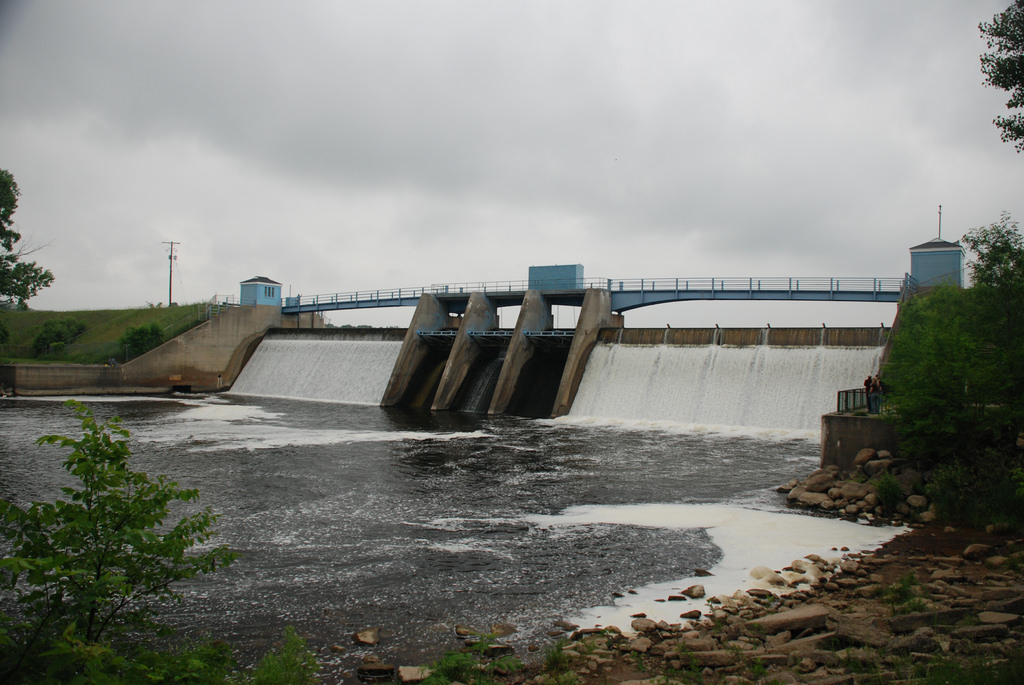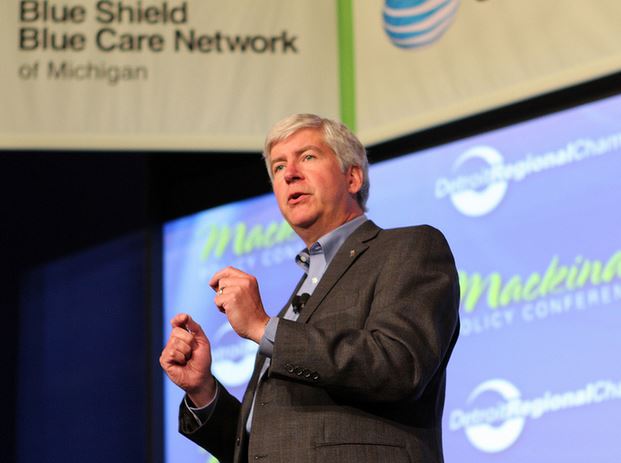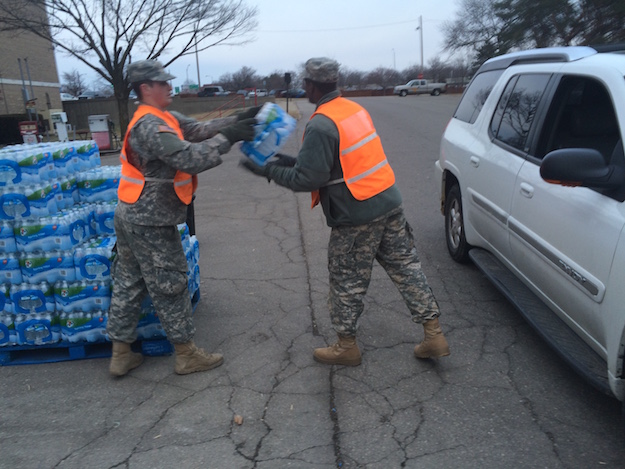Some People Involved in the Flint Water Crisis Are Facing Justice

By:
After more than a year of calls for greater accountability, high level officials are now facing criminal charges for their role in the Flint water crisis.
In total, four state employees were charged for their role in the delivery of contaminated water, which exposed thousands of residents to lead contaminated water.
 Flickr / Tony Faiola - flickr.com
Flickr / Tony Faiola - flickr.com
Two of those charged, Darnell Earley and Gerald Ambrose, were former emergency managers who served during the the city time was drawing its water from the Flint River, which corroded the city's pipes and leeched lead into the supply. Both were at the helm during critical moments in the contamination; Early was on duty the day the city switched over to the Flint River, and Ambrose rejected a call from the city council to switch back to Detroit water.
They are perhaps the most high-profile individuals charged thus far in the case, just one step removed from Governor Rick Snyder who appointed them.

Earley's and Ambrose's appointments were made possible under the city's 2011 emergency management law, which Frances Gilcrest, president of the NAACP's Flint branch, called "the most unjust in the country." The law allows the governor to appoint individuals to local governments that could bypass the city councils and mayors.
“The people have never been represented under the emergency manager law,” Gilcrest said.
The charges brought by Michigan Attorney General Bill Schuette came after a criminal investigation into those involved with the contamination, which residents said was kept hidden from them for 18 months. Synder claims he alerted city residents to the contamination as soon as he was aware of it.
According to MLive, Snyder on Tuesday defended the emergency management law that put Earley and Ambrose in power, saying "I don't think the process should be scrapped at all," he said. "The question is, are there incremental improvements that can be done to address certain situations ... I think there are open opportunities to look at that and I would appreciate having that discussion."
Gilcrest said the Flint water crisis has brought environmental racism to the forefront of social justice movements.

The national office of the NAACP has mandated that all branches create environmental justice committees to look at environmental issues in their communities, due to the crisis in Flint, he said.
Gilcrest, who went to between 15 to 20 town hall meetings with residents who complained about the city’s water before the state acknowledged the contamination, called the state’s actions “unconscionable” and “criminal.” Although the latest legal steps have met some of the demands of the NAACP, they do not meet some of the more ambitious calls to action made in the 20-point plan from March, which included calls to build new water infrastructure and a commitment from the state for an Environmental Justice Plan.
